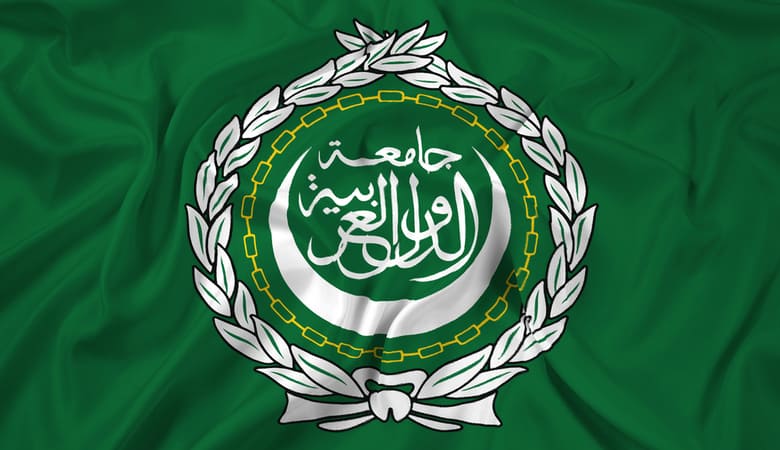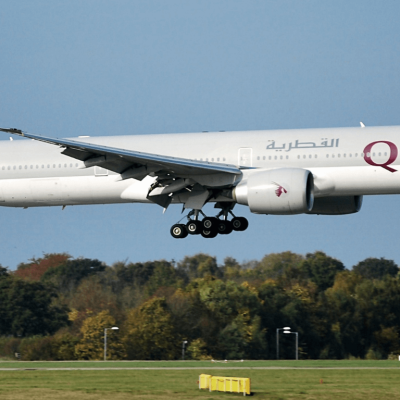Libya: Reservations from 4 countries on the Arab League resolution

Four countries expressed reservations about the final resolution issued by the Arab League Council following the meeting of foreign ministers on developments in the situation in Libya on Tuesday. The 14-point declaration underlines Libya’s unity and sovereignty, territorial integrity, the importance to guarantee stability, the well-being of its people, and its democratic future, rejecting all foreign interventions in its crisis.
In a statement, the Foreign Ministry of the Government of National Accord (GNA) expressed Libya’s reservations on the seventh point of the resolution. From the “request of withdrawal of forces, until the end of the paragraph.” The GNA also rejected the eighth point, which welcomes all initiatives to resolve the Libyan crisis, including the Cairo Declaration, stressing that anyone who wants to play the role of mediation must be at the same distance from all sides without siding with one or the other faction.”Since the government of Al-Wefaq, the legitimate government of Libya, has not been invited or consulted, this initiative is not based in terms of reference to a political agreement in Libya, whether it mentions the Accord signed in Skhirat, the Berlin initiative, or the Security Council resolution 2510. The state of Libya has reservations about the full text of the eighth paragraph.” The note of Tripoli’ Foreign Ministry added.
Read More: The US rejects military escalation in Libya
Qatar, Tunisia, and Somalia also expressed reservations about the Arab League document. In particular, Tunisia has reservations on the eighth point of the resolution, as well as on the last line of the seventh paragraph, which warns of “the consequences of the continuation of military actions to move the lines on which the parties are currently present in order to avoid the expansion of the clash ”.Somalia does not accept item 7, item 8 and item 11 of the resolution, which was prepared by the drafting committee, including Egypt, Tunisia, Algeria, Morocco and Libya.
Qatar has accepted that the Sultanate of Oman presides the Council on the need to remove or amend the two contested articles. The 8 and 11 concerning Libya and Egypt. And to present them to the Secretary-General of the Arab League for their study, underlining that if this is not accepted, Doha will reserve itself on points 7 and 8.The seventh point “confirms the refusal of all illegal foreign interventions that violate international laws, decisions and norms and contribute to the spread of terrorist armed militias who seek to spread ideas of extremism and fuel violence and terrorism. It calls for the withdrawal of all foreign forces present on Libyan territory and Libyan territorial waters. He warns of the consequences of continued military action to move the lines on which the parties are currently to avoid an expansion of the clash.”
The eighth point affirms: “We welcome all the initiatives, international and neighboring countries’ efforts aimed at ending military operations and resuming political dialogue in Libya, under the auspices of the United Nations. In this context, we welcome the Cairo Declaration on Libya, issued on 6 June 2020, which affirms that the solution in Libya must be based on the Libyan political agreement and the relevant Security Council resolutions, as well as on the results of the Berlin Conference, and previous summits and international efforts that have led to a global political solution that appreciates the clear implementation phases in political, security and economic paths. In respect for human rights and international humanitarian law, as well as the request of all Libyan and international parties to commit themselves positively with these initiatives.”
The article 11 of the Arab League declaration emphasizes “the importance of the United Nations and the international community by obliging all external parties to remove mercenaries from all Libyan lands and to work to unify the military and security institutions in Libya on the road to a political solution, dismantling the militias and handing over their weapons in accordance with the conclusions of the Berlin Conference.”
In a related context, the Libyan President Fayez al-Serraj asked the United Nations Security Council to establish an international mission to monitor and investigate war crimes and human rights crimes committed in Libya. The European Union, the African Union, the United Nations Support Mission in Libya (UNSMIL), and several countries welcomed the GNA’s proposal. The achievement of truth and justice by a neutral international body represents a momentum for the resumption of dialogue between the Libyan parties, as well for the democratic process to which the Libyans aspire.




